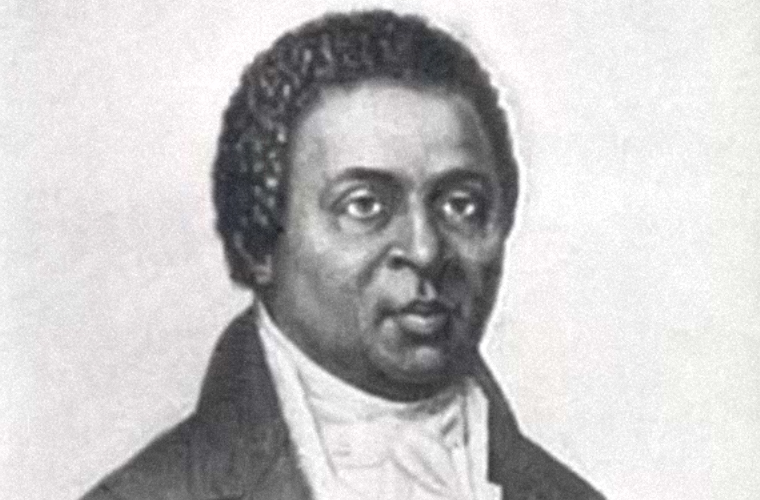Peter Williams Jr. was an important figure in American history known for his role as a clergyman, abolitionist, and opponent of colonization. He was born on April 27, 1780, in New York City, to Peter Williams Sr., who was a free African American and a successful businessman. Williams Jr. followed in his father’s footsteps and became a prominent member of the African American community in New York City.
Williams Jr. was ordained as a minister in the African Methodist Episcopal Zion Church and became the second African American to be ordained in the United States. He served as the minister of St. Philip’s Church, which was the first African American Episcopal church in New York City.
As an abolitionist, Williams Jr. was a vocal advocate for the abolition of slavery and worked tirelessly to fight for the rights of African Americans. He used his position as a minister to speak out against the institution of slavery, delivering powerful sermons that called for freedom and justice.
Williams Jr. was also a staunch opponent of colonization, which was a movement that sought to send freed African Americans to Africa. He believed that African Americans had a right to live and prosper in the United States and should not be forced to leave their homeland. Williams Jr. argued that African Americans were an integral part of American society and should be granted equal rights and opportunities.
In addition to his activism, Williams Jr. was also involved in various community-building initiatives. He helped establish schools for African American children and worked to improve the social and economic conditions of his community. Williams Jr. was dedicated to uplifting his fellow African Americans and fighting for their rights in all aspects of life.
Peter Williams Jr. passed away on March 7, 1840, leaving behind a lasting legacy as a clergyman, abolitionist, and advocate for the rights of African Americans. His contributions to the fight against slavery and colonization played a significant role in shaping the history of African Americans in the United States.

